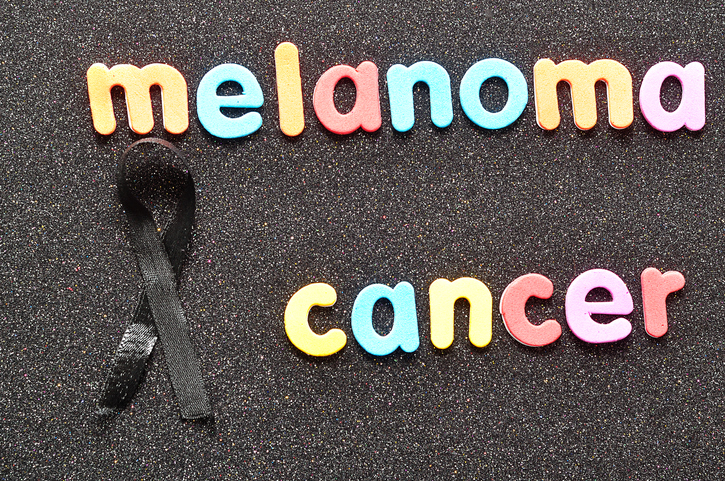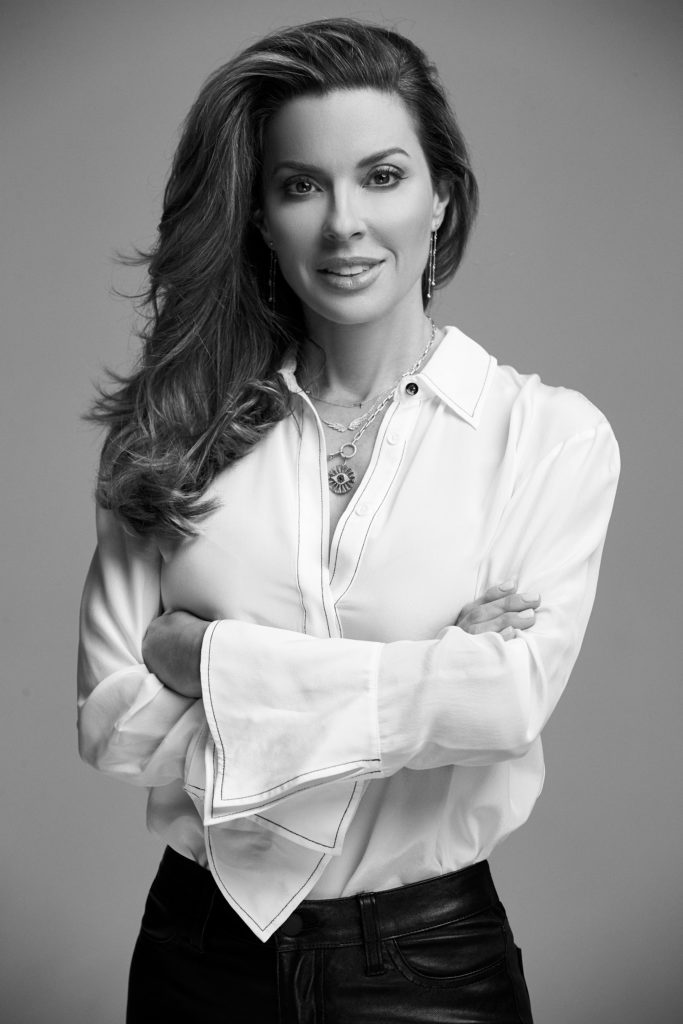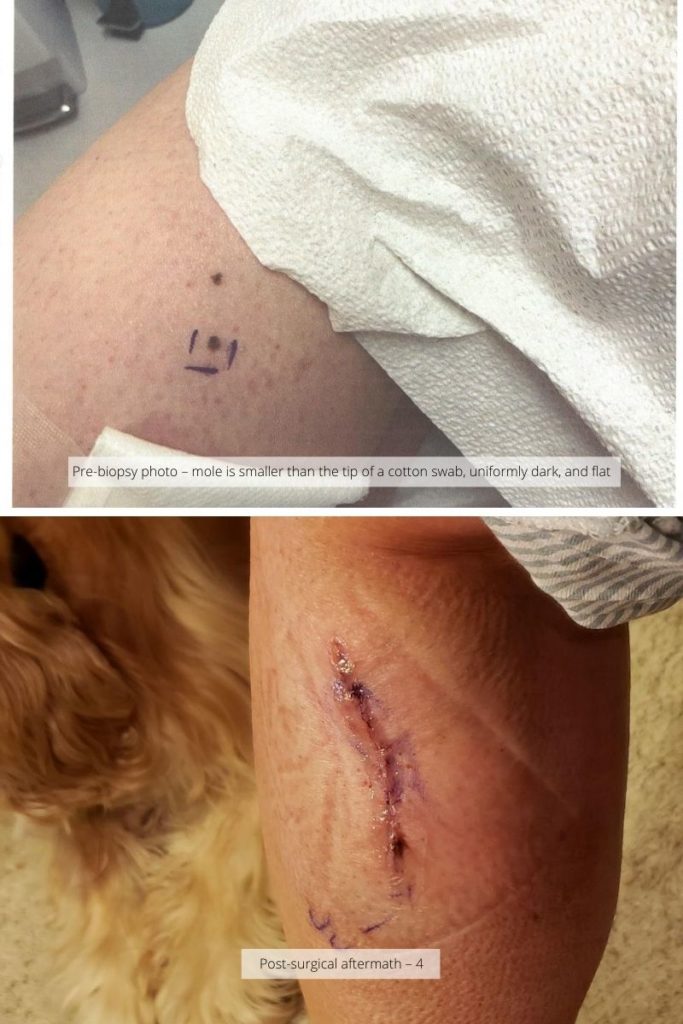Skin Cancer Prevention Tips From a Two-time Survivor and Top Medical Experts
Summer may be coming to a close, but that doesn’t mean it’s time to toss the sunscreen. Sunscreen is a daily, year-round necessity and a must for every skin cancer prevention arsenal.

Skin cancer is potentially life-threatening, and the surgical aftermath does more than leave physical scars. People rarely give skin cancer a thought until it touches them directly. Many people don’t pay enough attention to skin cancer - the thinking is that it’s invisible, theoretical, or simply a scare tactic that advertisers use to sell sunscreen. But none of those things could be further from the truth.

According to UCLA Associate Clinical Professor, M.D., and F.A.A.D. Glynis Ablon, “The most important thing to understand is that a tan or burn is sun damage. You are damaging your cells and that is what leads to skin cancer and wrinkles. Neither of which are appealing!” Dr. Ablon is right – something I’ve learned the hard way and want you to avoid.
Embrace Yearly Screening Exams with Fervor
Some types of skin cancer, like basal cell carcinoma (BCC), are fairly common and can be removed completely during a simple in-office procedure. I had mine in 2017 and have followed the American Academy of Dermatology’s recommendations for yearly skin checks faithfully ever since. The check-ups are so important, in fact, that free screenings are offered across the country (although COVID-19 has made them temporarily less accessible).
During a full-body skin check, your dermatologist literally maps every mole, freckle, and tattoo on your body, so that he or she can monitor changes from year to year. Questionable moles can be viewed with a DermLite dermatoscope, and really questionable moles will be removed and analyzed to determine further treatment.

One Successful Cancer Surgery Doesn’t Mean You’re Cured for Life
The thing to remember about your skin is that damage can takes years or decades to surface. That tan that looks good in your 20s might actually be your downfall in your 40s. And that accidental summer sunburn is a factor as well.
Melissa Haloossim, Board Certified Nurse Practitioner and Clinical Director/Co-Founder of Skin Thesis® explains that, “There is a link between sunburns at an early age and melanoma. Getting a severe sunburn that causes blistering can even double your chances of developing melanoma.” In my case, I had both fabulously bronzed skin and blistering burns, so being diagnosed with Clark’s Level II malignant melanoma despite a successful BCC removal shouldn’t have come as a shock.
Changing Technology and Updated Guidelines Make Detection More Accurate
If you’re thinking of ditching your yearly screening, think again! Technology constantly evolves, and the MelaFind® detector that deemed my freckle acceptable a year earlier was replaced with a more accurate tool, which I credit for having such a successful outcome.
Cancer staging methods also change. The Clark staging method, while still commonly utilized by pathology testing facilities, has been replaced with the American Joint Committee on Cancer (AJCC) staging system. This method considers the “tumor, node, metastasis (TMN) scores and other prognostic factors” when assigning a stage – which equates to a better understanding of the cancer and the level of damage it has caused.

Some Words to the Wise
If you’ve been diagnosed with melanoma, you’ll need even more frequent follow-up checks – like every 90 days for two years and every six months for three years after that. Please do everything in your power to protect yourself. You can do that by:
- Following Melissa Haloossim’s advice because, “The best intervention is using sunscreen.”
- Avoiding tanning beds at all costs
- Scrutinizing every inch of your skin that’s ever been exposed to UV light
- Visiting the American Cancer Society’s page to learn what different types of skin cancer look like
- Stocking your skincare emergency kit with healing products in case you ever need a biopsy or need to remedy the appearance of a surgical scar.
Loading...